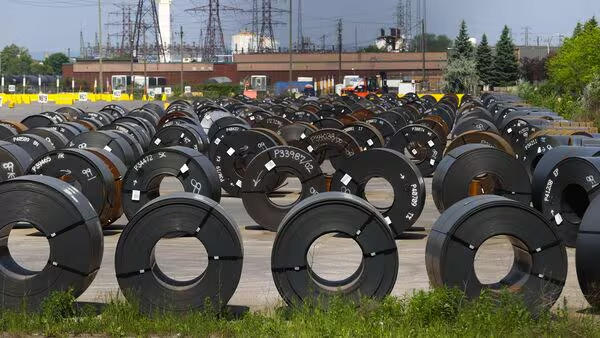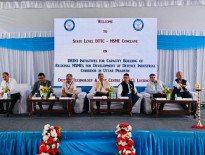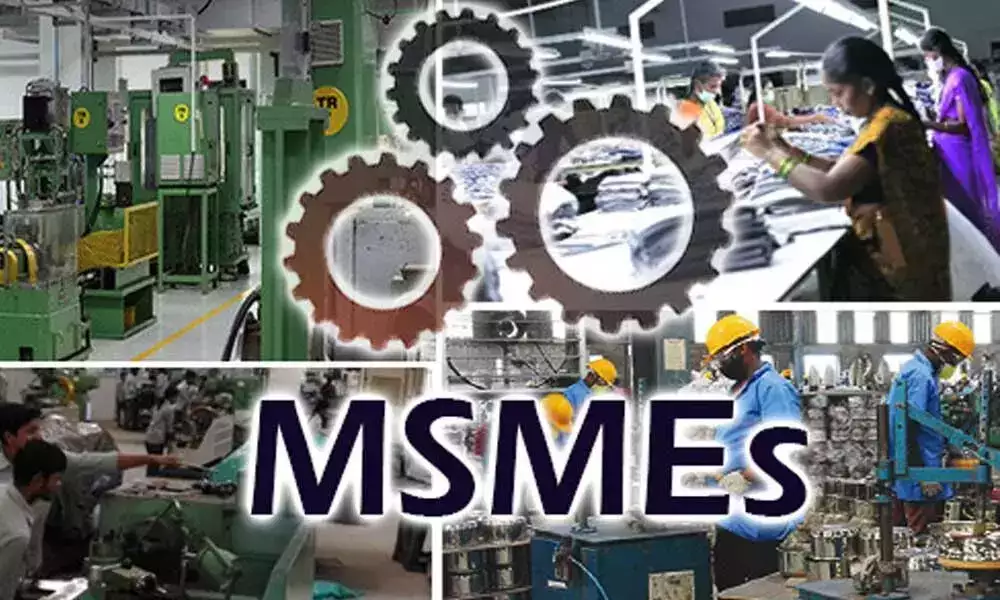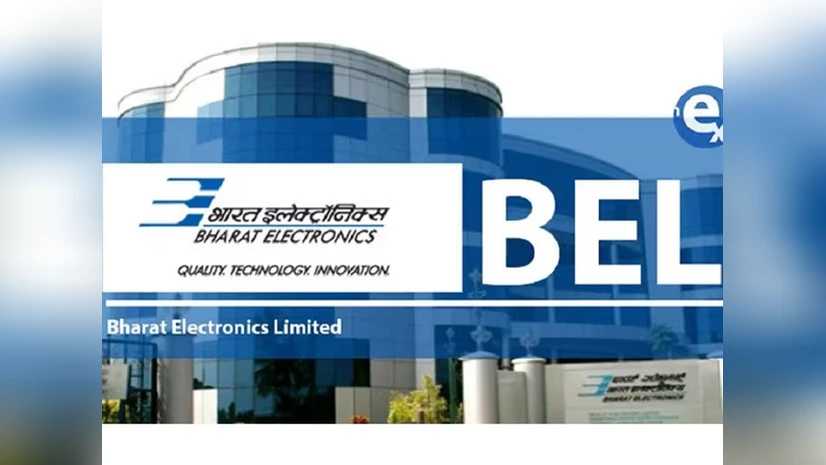Share
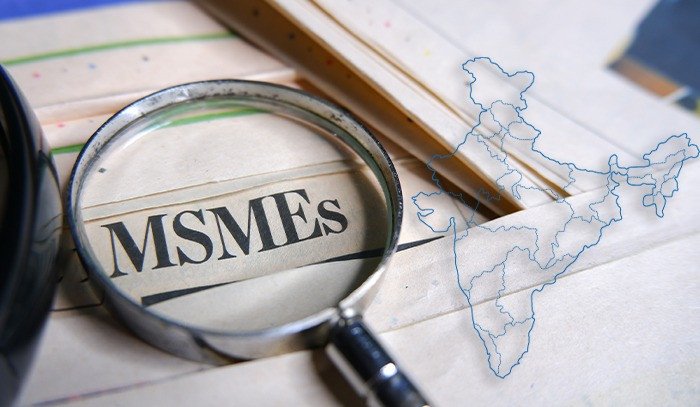
The latest survey on the progress of Indian MSMEs and challenges faced — noted that timely and adequate credit access is one of the key challenges for the MSME sector, which has an addressable credit gap of around Rs. 30 lakh crores despite increasing credit supply. Even as the Government has taken multiple policy measures, there is a need for sector-specific thrust for better credit access to MSMEs along with further simplification of the credit delivery process, suggested a SIDBI survey on Tuesday. The survey involving 2,097 MSMEs across 19 sectors in manufacturing, services and trading said that policy interventions may need to be sector-specific, given that such credit challenges have been reported to be relatively higher for readymade garments, grocery retailers, food processing and IT/ITeS sectors. Similarly, delay in payments and the availability of raw materials are greater constraints than access to credit for the defence equipment sector.
Mr. Manoj Mittal, Chairman and Managing Director at SIDBI said that while the Government’s push towards formalisation has boosted credit penetration in the MSME sector, sustaining the momentum in the sector is very critical for realising the goal of Viksit Bharat by 2047. Moreover, “given that timely and structured information is crucial for effective decision-making, the unavailability of real-time MSME data remains a significant challenge. The absence of structured data throughout the year prevents policymakers, lenders and other stakeholders from identifying early signals and making proactive interventions,” said Mittal. The intensity of challenges for MSMEs also differed across regions. For instance, competition faced by the information technology (IT) and IT-enabled services (ITeS) MSMEs in Bengaluru surpassed the pan-India level of around 18%. “These MSMEs face competition from large IT and ITeS companies, which have the scale and resources to outpace them,” the survey said. Likewise, over around 20% of the respondents from certain sectors such as tiles and sanitaryware in Delhi-National Capital Region (NCR), plastics and plastic products in Jalpaiguri and hotels in North Goa, cited the supply of utilities as a key challenge.
Challenges, however, also varied by size. A size-wise analysis of the survey showed that small enterprises faced distinct challenges in comparison to micro and medium enterprises. Among small enterprises wanting to grow into medium-sized businesses struggled more in terms of access to credit and regulatory compliance because of their unpreparedness for higher scrutiny and statutory requirements. Further, gender-wise analysis suggested that female entrepreneurs encountered more difficulties in accessing credit than their male counterparts, including social and cultural barriers and lack of networking opportunities. However, the survey highlighted a large emerging opportunity in the MSME digital lending space with 90% of the respondents accepting digital payments. Further, an increasing share of around 70% by MSMEs to e-commerce sales also paves the way for digital lending in sectors like hotels, RMG and food processing. “As these medium gains traction supported by successful digital platforms like UPI, MSMEs can expect an accelerated access to credit,” the survey noted.
Source : https://www.financialexpress.com/business/sme-sidbi-on-msmes-rs-30-lakh-crore-gap-persists-despite-credit-push-need-for-sector-focused-policies-3843441/


